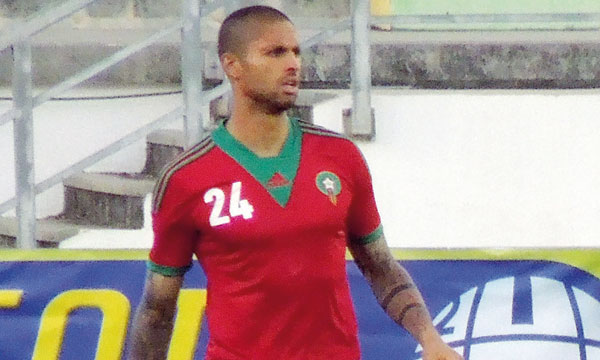Manchester City Lead Global Sports Payroll Rankings – PSG Absent from Top 12
Manchester City have been named the highest-paying club in world sport, topping a global wage survey released by The Guardian this week.
The Premier League champions are reportedly spending an average of €6.47 million per player annually — a figure that places them well ahead of all other clubs across football, baseball, basketball, and other professional sports.
City’s wage structure puts them ahead of two of Major League Baseball’s most iconic franchises: the New York Yankees, who come in second at €6.41 million per player, and the Los Angeles Dodgers, who follow closely at €6.21 million.
Spanish giants Real Madrid and FC Barcelona also feature prominently, ranking fourth and fifth respectively, with average annual salaries of €6.05 million and €6.02 million per player.
The data, compiled as part of a comprehensive survey examining salary trends across global sport, reflects the Premier League’s financial strength and City’s consistent investment in top-tier talent. The club, owned by the City Football Group and backed by Abu Dhabi wealth, has assembled one of the world’s most expensive squads under manager Pep Guardiola.
Surprisingly absent from the top 12 is Paris Saint-Germain. Despite boasting global superstars such as Kylian Mbappé and previously Lionel Messi and Neymar, the Ligue 1 club does not feature among the world’s highest-paying sports teams on average salary terms.
In contrast, Germany’s Bayern Munich ranks seventh on the list with €5.34 million per player, while three more English clubs — Manchester United (8th, €5.24 million), Chelsea (10th, €4.83 million), and Arsenal (11th, €4.73 million) — also make the top 12.
The rankings underscore a shift in spending power, with Premier League clubs increasingly dominating financial tables in world sport. It also highlights the stark contrast between clubs with deep financial backing and others operating under tighter constraints, even among football’s elite.
As player wages continue to rise, the debate around financial sustainability, UEFA’s Financial Fair Play regulations, and competitive balance remains central to the future of the sport.












